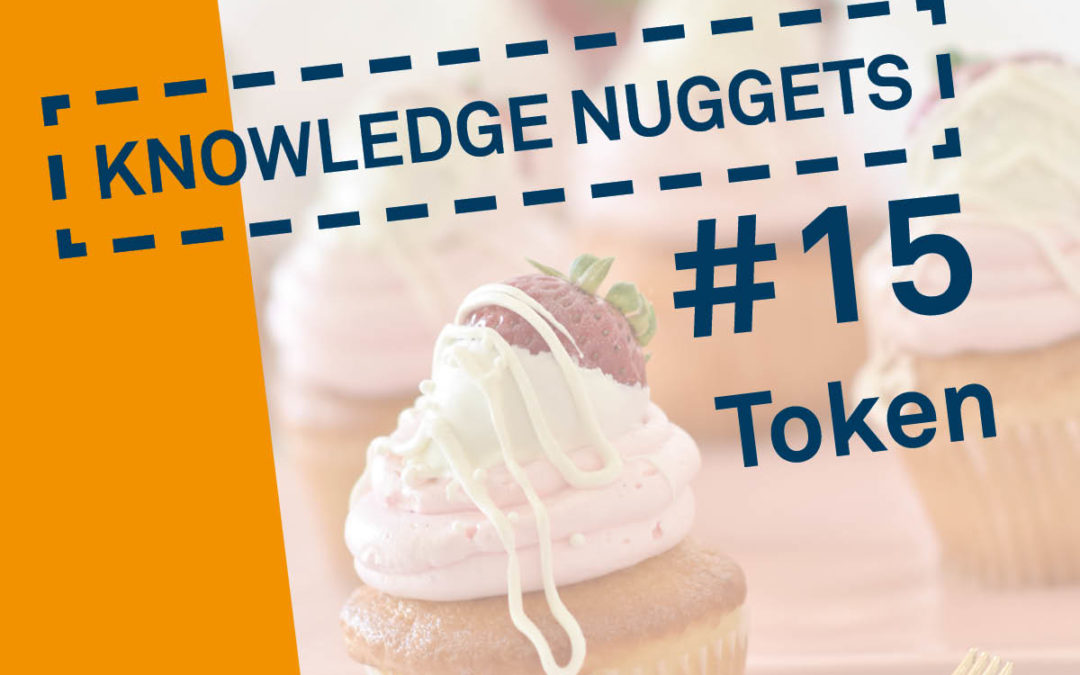In the blockchain-based handling of processes, a token stands for a piece of information, a document or a specific company asset. It is stored digitally and managed by a wallet or a token manager. Numerous use cases can be found in logistics, such as the safekeeping of transport documents (electronic waybill, export accompanying documents, transport documents, etc.), the tracking of events and information along the supply chain by means of photo documentation, or the transfer of assets between different companies. Depending on the use case, both entire data sets and individual documents (e.g. XML, PDF) can be stored on the blockchain using tokens.
There are different types of tokens. A crypto token is a digital store of value for a digital currency or cryptocurrency. The most well-known digital currency is BitCoin. The crypto token is therefore a digital representation of value. However, this value is not created by a central bank or authority and has no connection to legal tender. An asset token represents an asset such as gold, real estate or rare commodities. In fact, microinvestments can be made as well. The token then stands for 0.01 wind turbines, for example. An equity token can commonly stand for securities (shares) and is thus representative of an investment in a company. There are many types of tokens. In principle, they differ in terms of value or information they represent on the blockchain. Basically, hybrid tokens, i.e. mixed tokens, are also possible.
The rule is, only those who own a token can execute a transaction on the associated blockchain. This can prevent unauthorized participants from, for example, modifying the blockchain. Tokens play an important role in the implementation of smart contracts, the Internet of Values, platforms and new digital business models.
